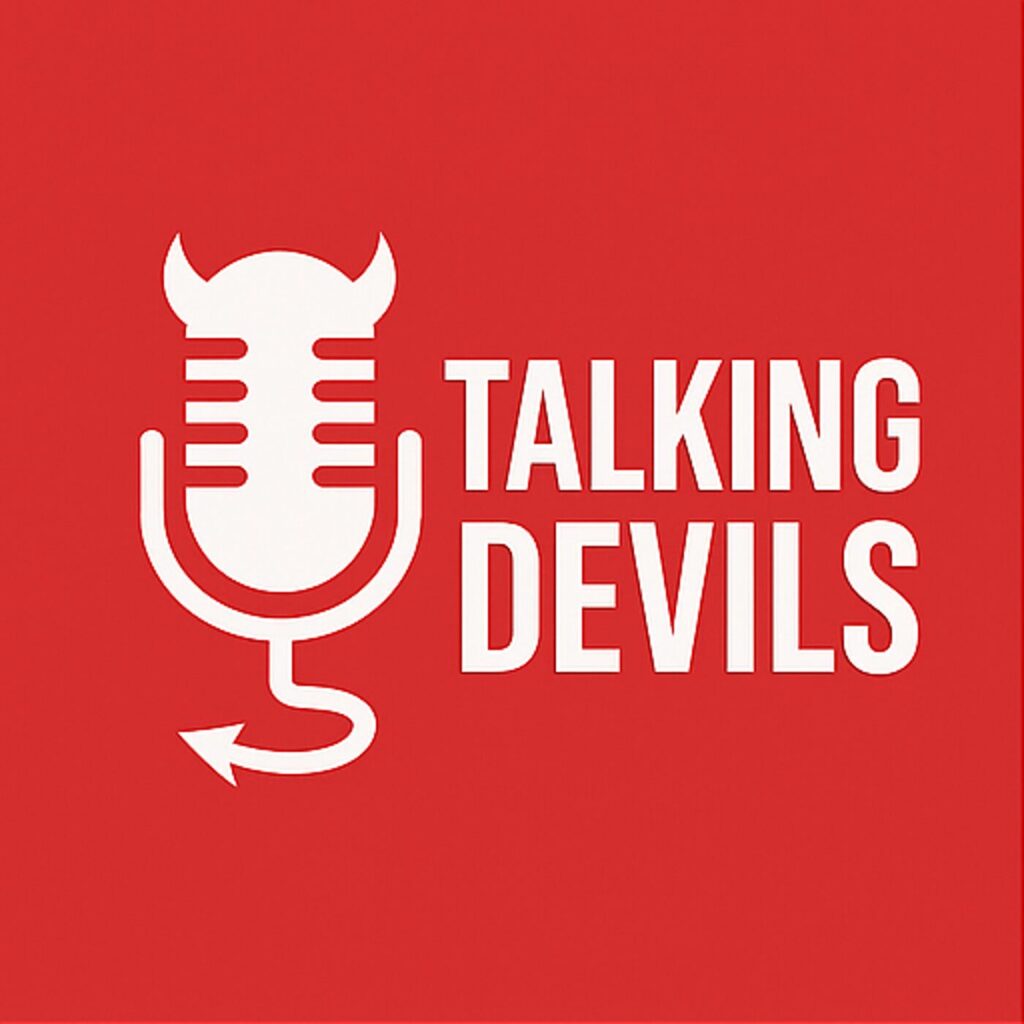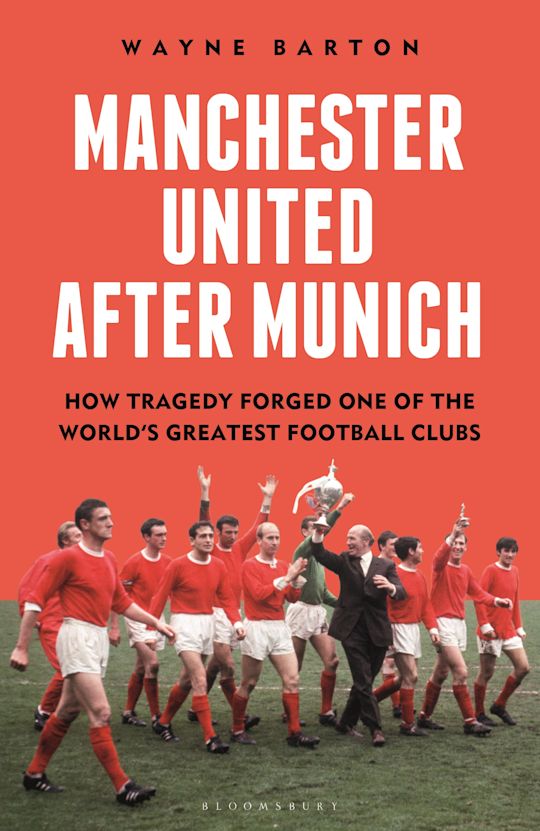In August 1958, the Manchester Evening News ran a short series written by Scott Duncan, the former Manchester United manager. Duncan was the first hire of the legendary owner James Gibson, and was influential in helping to put in place the building blocks that Matt Busby would inherit. Sadly, Duncan never released an autobiography, but the series was compelling as a substitute. We will run that series here.
The first instalment was run on Tuesday, August 19th, with the headline : “Play for Rangers and you’re on next boat to Mespot, bawled the Sergeant-major“

When the town midwife delivered a son to the Duncan family on November 2, 1888, above a butcher’s shop in Dumbarton, his future was already planned. He would be named Adam Scott, he would have a good education, be articled to a local firm of solicitors and eventually practice himself.
In all but the last, the prearranged plans ran along well-oiled lines. Like a dutiful son, I was beginning to accept the idea of being a white-collared, bowler-hatted solicitor, complete with bulging briefcase and rolled umbrella. Like scores of other boys, I spent my leisure hours kicking a ball about the back streets. A junior club official even thought me good enough to play for a junior team. With a gold medal from Dumbarton Academy to strengthen my claims, I was indentured to the Sheriff Clerk’s office in Dumbarton. It was there that I discovered that I wanted to be a footballer.
Frequently my mind wandered towards soccer, much to the annoyance of my superiors, who could have been excused for thinking, we Duncan is not cut out for law. One day, while greasing the team’s football, I was given the job because I could get grease from my father’s shop. I heard two other articled clerks mutter, with a dejected air, £10 a year for the next few years is not very attractive.

I gave their disgruntled comments full backing. Then I decided I could earn more money doing something I liked, playing football. When I announced, hesitantly, that I wanted to be a professional footballer, it caused great friction in the Duncan household.
Often I flinched as first my father, then my mother verbally lashed me. But I had to be firm. Today I know I did the right thing. The 50 glorious years that followed as footballer, manager and secretarian manager will live with me forever. Now the time has come to retire, but I leave the game which has served me so well with thousands of memories. People have often compared my managerial career with the life of a missionary.
While he treks through the world teaching, I invariably finish with a club face to face with bankruptcy. You will agree, faith is needed in both cases. But I would not change a minute of the exciting times I had with clubs like the now world famous Manchester United, Hamilton Academicals and Cowdenbeath.
But more about that later. By my 17th birthday, I was making a name locally as a promising outside right with a powerful shot. I joined Dumbarton as a professional and was later asked to sign for Bradford City.

Thinking I was too young to try my hand in England, I refused. Often during the next two years, I wondered if I had done right because nobody ever approached me. Then along came Newcastle United, at that time among the aristocracy of English football, to ask me to sign. Who could refuse such an offer? Certainly not me. I had a wonderful five years packed with excitement which earned me three medals and also a £500 benefit. Many people think Scots, like some natives, are witch doctors. That impression and too little experience nearly landed me in trouble during my stay with Newcastle.
It was the eve of a cup final against Wolverhampton Wanderers at Crystal Palace. The team had been having special training at Saltburn when several players developed boils. I advised the trainer to pierce the boils with a needle dipped in carbolic. He appreciated my advice but his enthusiasm exceeded his caution. Hearing painful shouts, I dashed towards a group of players.
Then I found the trainer had applied the carbolic with almost careless abandon. I protested at length that my advice had not been properly followed but it was useless. When the team lost, it was a case of “put the blame on Duncan”.
After five years, the urge to turn north of the border grew stronger and after negotiations, I was transferred to what was and probably still is the idol of every young Scot, Glasgow Rangers. Although I did not pull up any trees, I was happy with Rangers. Then along came the war and I enlisted in the Royal Field Artillery.
At the local barracks, we started a five-a-side soccer team which was so successful, it nearly landed me in Mesopotamia. Our team reached the Rangers sports final and I jumped for joy when I saw the opposition was my club, Rangers. But I was soon brought down to earth when I heard I had been included in the Rangers side to meet the Army Five.
I protested in vain. When I returned to barracks, I told the Sergeant Major I thought he was taking it well when he started laughing but I soon changed my thoughts when he said, “Play for Rangers and you are on the first boat to Mesopotamia.” Eventually, my club relented but one or two people treated me distantly when my side won the silver tea services.
Came armistice and demob. Like so many soldiers, I was restless and anxious to get on to Dumbarton. Rangers were very understanding and I was transferred to my hometown.
But after one season, the club announced that they could no longer afford to pay me so I moved on to Cowdenbeath, the team which I was eventually to manage. With a cartilage injury, prospects did not appear too bright and in 1923, I asked myself the question that haunts every player sooner or later : Do I fade out as a player or try my hand as a manager?
Later that year, I moved to the manager’s chair at Hamilton Academicals but within a short time, Mr. Andrew Dick, Cowdenbeath chairman, asked me to return there as manager. I was loathe to leave my new club so soon and refused.
He came back with two years later but after his name your own terms offer, he said the club was in a financial abyss. That was enough for Scott Duncan. I accepted on the spot. I knew it was going to tax my limited experience to the full but the challenge had been accepted. I signed several good players during my five years with Cowdenbeath, but necessity knows no law, and I had to sell two or three players every year to keep going.



